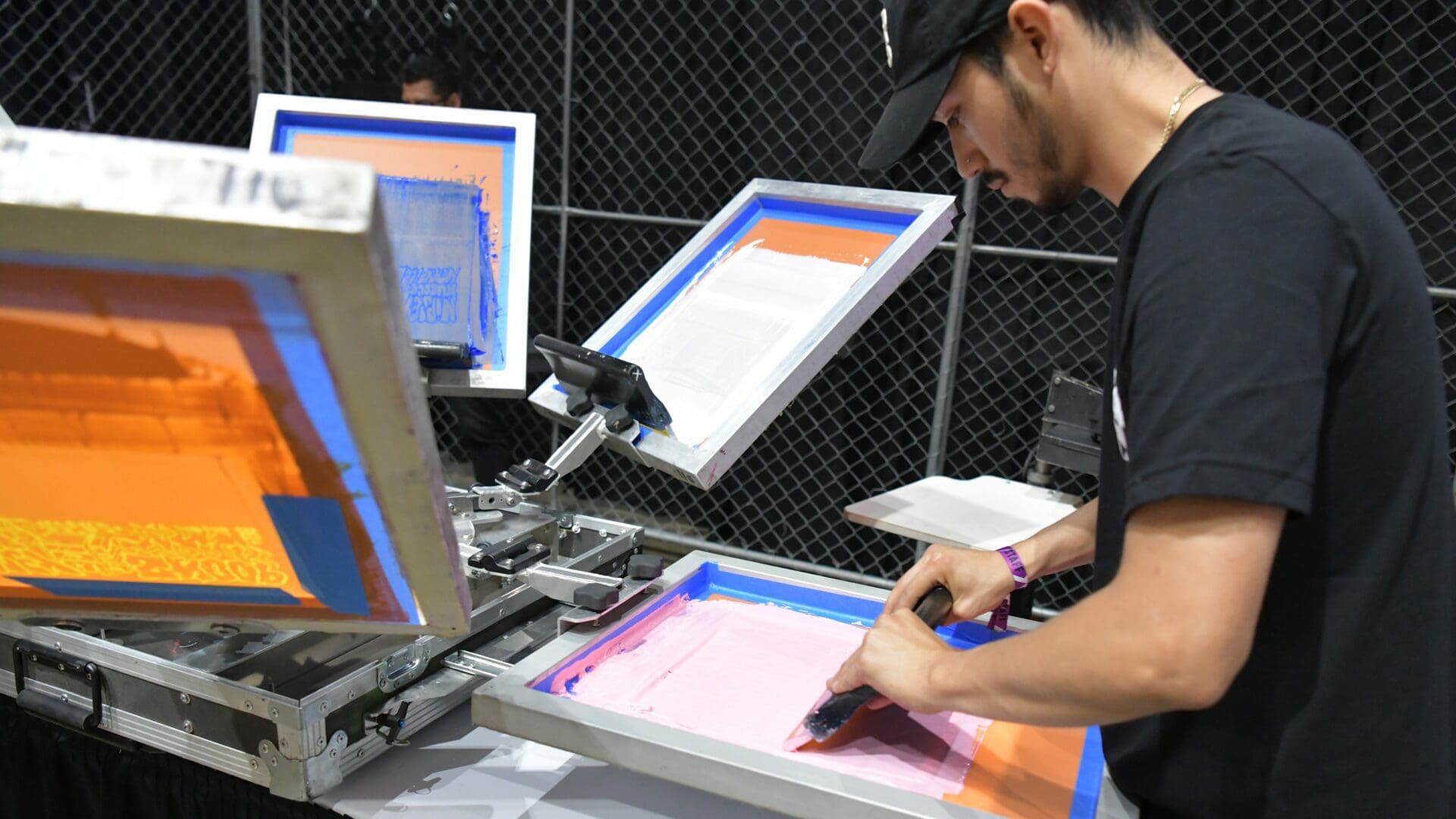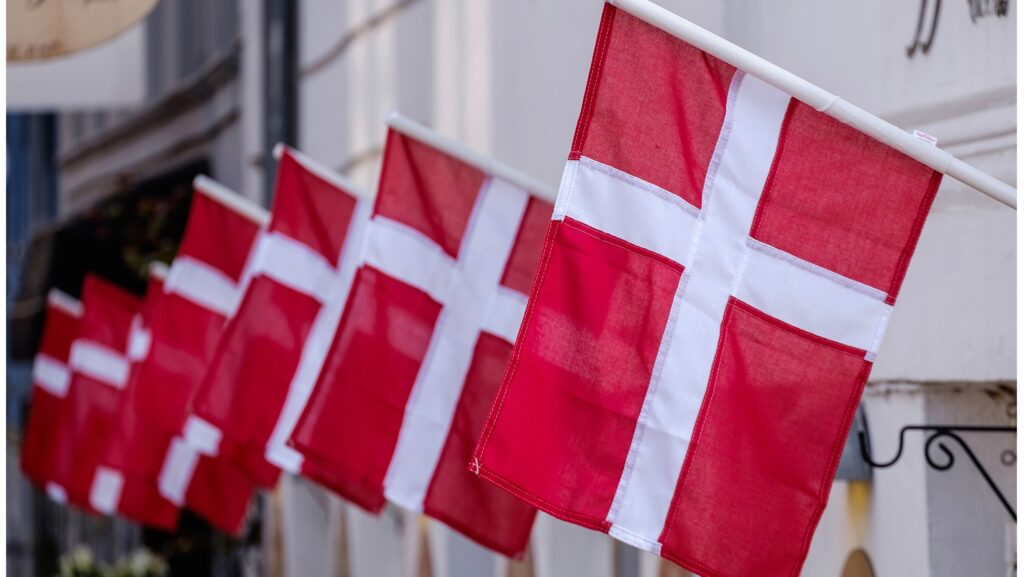The Road – János Fajó and the Pest Workshop (Út – Fajó János és a Pesti Műhely) is an itinerant display held across various major cities in China through collaboration between the Arts and Culture Division of the Hungarian National Bank (MNB), the Fajó Foundation, and János Fajó. This artistic exhibition, initiated by the bank, will be showcased at Shanghai’s Liu Haisu Art Museum from 19 August.
Initiated in 2020, the bank commenced assembling its contemporary art compilation
with a distinct focus on Hungarian geometric abstract and neo-avant-garde artists
who played pivotal roles in the avant-garde movements during the 1960s and 1970s. Over time, the collection has grown to encompass the works of both the intermediate and the latest generations of artists.
The exhibition centres on the founding members of the Pest Workshop, a group that was actively engaged in screen-printing from 1971 to 1988, thereby constituting a defining artistic community of that era. Notable works by each of the Pest Workshop members (Imre Bak, János Fajó, Tamás Hencze, Ilona Keserü, András Mengyán, and István Nádler) are included in the MNB’s collection, meticulously selected by curator Zita Sárvári, and complemented by materials from the Fajó Foundation as well as loaned artworks.
Despite the absence of a dedicated exhibition space, the division is continuously seeking avenues to bring the collection to public view. The global presentation of the central bank’s collection carries a positive impact, not only enhancing the bank’s reputation but also contributing to the nation’s image, emphasised Kinga Hamvai, Head of the Arts and Culture Division at MNB, who oversees the collection’s management.
András Mengyán, initially an engineer, devised and constructed the screen-printing machine utilised by the Pest Workshop. The collective acquired materials such as fabrics, shawls, and silks for this equipment from women at local fairs. The collective engaged in experiments involving colour and form, often using screen prints to test compositions that would later translate into paintings. On occasion, the members also created screen-printed variations of their own artworks. Beyond their original creations, some also produced prints based on the works of prominent figures from the European School and the Russian avant-garde.
Their objective was to uphold and perpetuate the innovative traditions of the first half of the 20th century.
The mission of the Arts and Culture collection at the MNB is to exhibit the bank’s modern assortment both internationally and for the domestic audience. The series of exhibitions will be showcased in numerous significant cities across China, spanning from 19 August to 17 September.
Related articles:
Hungarian Conservative/MTI








